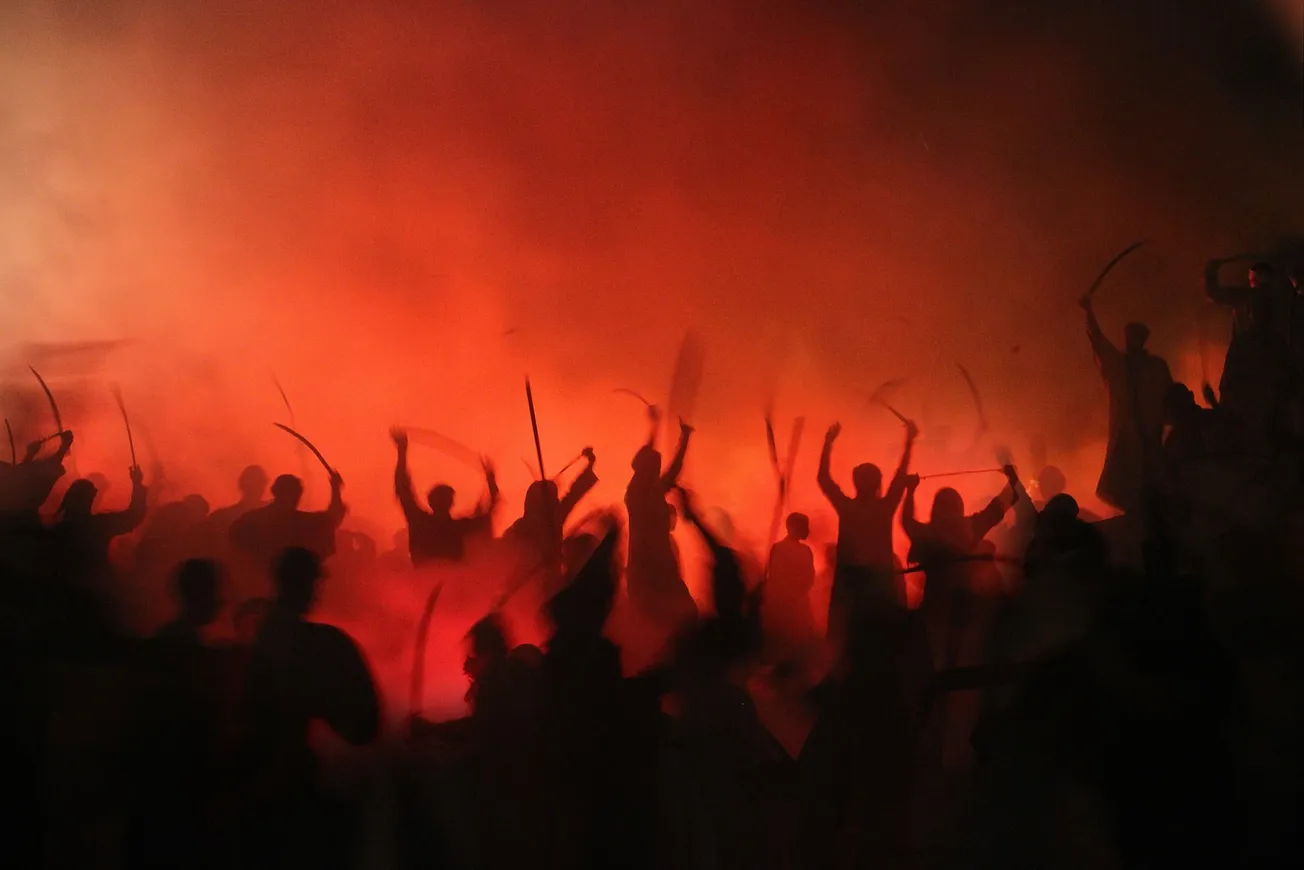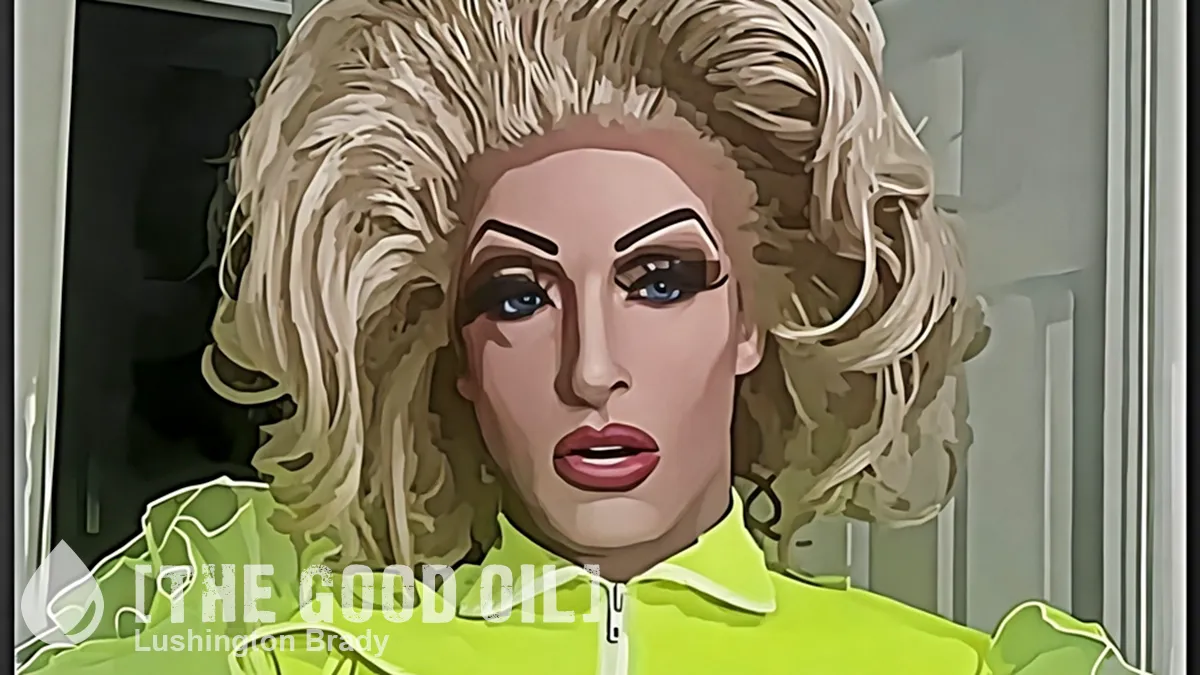Table of Contents
Ramesh Thakur
Ramesh Thakur, a Brownstone Institute senior scholar, is a former United Nations Assistant Secretary-General, and emeritus professor in the Crawford School of Public Policy, The Australian National University.
The following is an excerpt from Dr Ramesh Thakur’s book, Our Enemy, the Government: How Covid Enabled the Expansion and Abuse of State Power.
Dr Chris Williams, of Public Health Wales, solemnly told the BBC: “Every time you stop and talk to someone… then you’ve just had a potential transmission event.” Part of “the problem,” he added, is that “we don’t see that as a bad activity.”
This is beyond “You couldn’t make it up.” What next – breathing is a potential transmission event and we should all stop it, just stop it?
Six months into the pandemic, the president of the Australian Human Rights Commission Rosalind Croucher finally voiced her opinion of lockdowns. Because of the lack of scrutiny and accountability around lockdowns, she said, Australians have been exposed to “potentially unnecessary restrictions of their rights and freedoms.”
A good lawyer, Croucher has concerns about process. To be fair, she did point out that the commission’s jurisdiction was limited to the federal government’s actions and so she was able to voice concern about entry and exit travel rules that prevented families from being reunited.
Still: “potentially unnecessary” infringements? This was her epiphany? Put under 23-hour house arrest, limited to five-kilometre-radius outings for state-approved activities and purposes, mandatory mask requirement, rights to peaceful protest suspended, pervasive police surveillance of social media and public spaces, state control of economic activities, suspension of parliament to rule by executive diktat, instant heavy fines on police officers’ whims, martial law masquerading as medical law: how comforting to learn these are all potential infringements.
No offence to my many friends in the law professoriate, but I’ve often wondered about the wisdom of appointing legal academics to positions of human rights chiefs without some broader background and experience. They are, I am sure, supremely qualified in the legal technicalities and niceties. Some training in moral philosophy underpinning Western civilisation would help them to balance competing pulls of the many different streams that make up the total human rights bandwidth.
Human rights claims are claims by citizens on governments. The advocacy, juridical, and enforcement revolutions in human rights led to a rapid expansion of governmental activism on legislation backed by monitoring and compliance machinery. Yet human rights are also abused most systematically, pervasively and widely by governments.
There’s also tension between the human rights and anti-discrimination agendas, as in the case of the Queensland University of Technology students. Instead of being given an answer – like me, you don’t have to accept the merits of the answer to acknowledge that there is a broad philosophical case for affirmative action – the full weight of the state was brought to bear, in the form of the human rights machinery, to crush the pesky students.
A related tension, and possibly most relevant to the pandemic, is the clash between individual and collective rights. In the name of ensuring the safe health of everyone, governments have trampled willy nilly on previously inviolate individual rights.
Lockdowns don’t destroy the virus. No, they destroy the three ‘ls’ of lives, livelihoods, and liberties. Governments have effectively stolen a year of our life. Preemptive press self-censorship has helped to normalise the rise of the surveillance-cum-security state in the name of keeping us safe from terrorists and now from the virus that is so deadly, hundreds of millions must be tested to know they’ve had it.
On 21 October, despite a modest rise in Covid cases, Sweden lifted all remaining ‘recommended’ restrictions on over-70s. The justification was not economic but emotional health. Health Minister Lena Hallengren explained: “We cannot only think about infection control, we also need to think about public health.” Months of social isolation had meant loneliness and misery and a “decline in mental health likely to worsen the longer the recommendations remain in place.”
Part of the emotional stress load on the elderly caused by lockdowns results from the destruction of family life. The family is the fundamental unit of human society and the forced separation of loved ones has taken an enormous toll on mental well-being, with measurable consequences for physical health.
From the UK we’ve had stories of elderly people refusing to go into rest homes. They’d rather die in pain surrounded by family at home, than face a lonely death cut off completely from family after leaving home. The inscription on The Gates of Hell in Dante’s Inferno – “Abandon hope, all ye who enter” – was not meant as a forewarning of care homes 700 years later.
The boundary between liberal democracy and draconian dictatorship proved to be virus thin. A Freedom House report concluded that in 80 countries, the pandemic has emboldened governments to engage in abuses of power: “silencing their critics, and weakening or shuttering important institutions, often undermining the very systems of accountability needed to protect public health.”
For me the defining image of the pandemic state of siege in Australia will remain the case of Zoe Buhler. The police were actively monitoring social media posts. One Facebook post encouraged people to join a peaceful protest in Ballarat in regional Victoria, a long way away from metropolitan Melbourne as the Covid cluster, while observing all social distancing and mask-wearing guidance. In response cops entered a private house, arrested and handcuffed a pregnant young woman, still in her pyjamas, in the presence of her young child, all the while ignoring her frightened promises to take the post off that she hadn’t realised was forbidden.
The episode is the very definition of a police state. Having crossed that Rubicon, how do we walk Australia back? A good start would be criminal prosecution of cops executing dictatorial edicts and of the officers and ministers authorising such action. “Potentially unnecessary” infringements of our most fundamental human rights? Author shakes head as he exits stage left.









